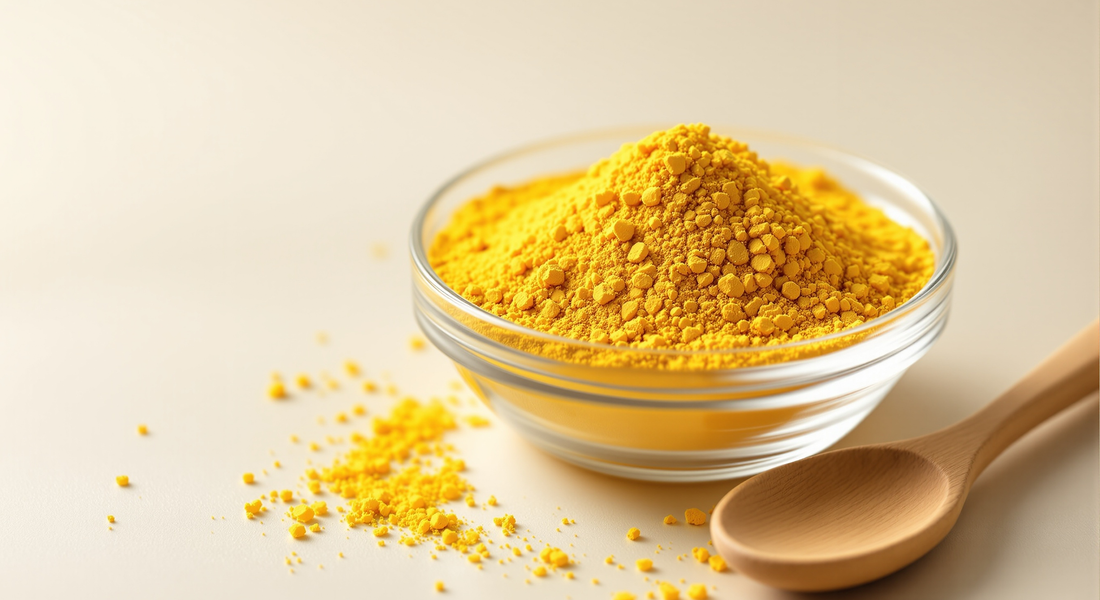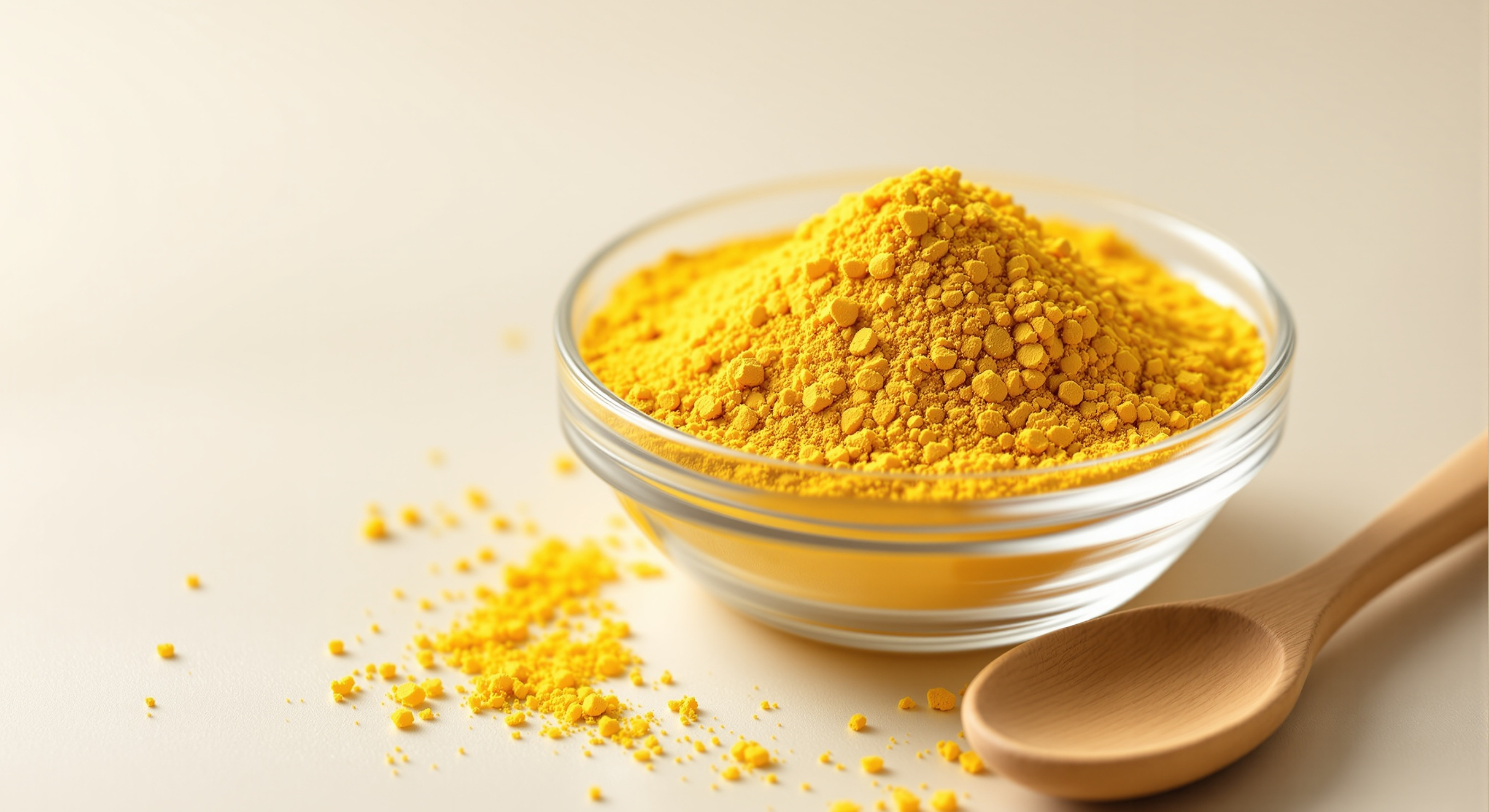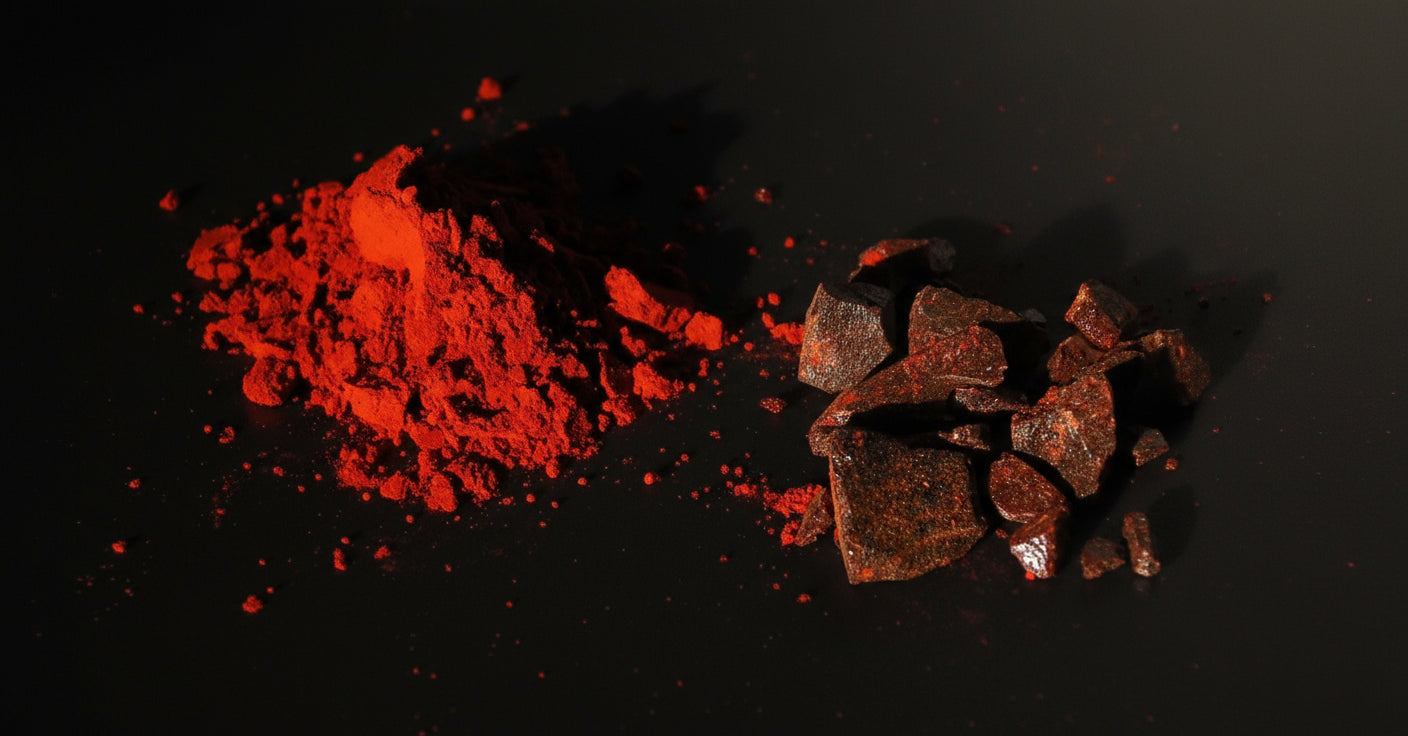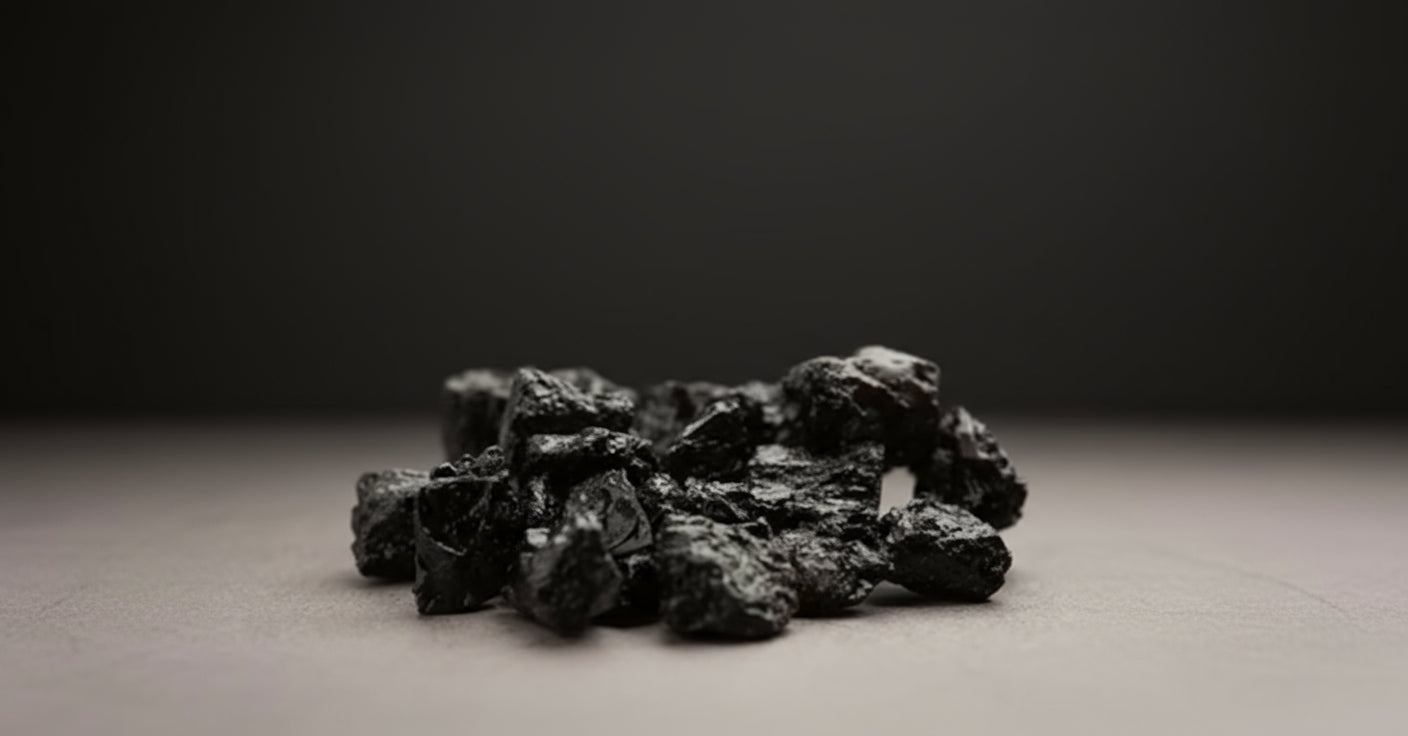
Berberine: Benefits, Research & How to Use It Safely
Berberine is a natural alkaloid found in plants like barberry (Berberis vulgaris). Over the past decade, it has gained global attention as a supplement for blood sugar balance, heart health, and weight management. But the big questions remain: Does berberine really work, how safe is it, and what does the science say?
What is Berberine?
Berberine is a bioactive plant compound long used in Traditional Chinese Medicine (TCM) and Ayurveda. Today, it is most commonly available in capsule form as a dietary supplement. Modern research shows that berberine acts on a cellular level, primarily through the AMPK pathway — often described as the “master energy switch” of the cell.
Key Benefits of Berberine
-
Blood sugar control: Clinical studies show that berberine can lower blood glucose and improve insulin sensitivity.
-
Cholesterol & heart health: Helps reduce LDL cholesterol and triglycerides while increasing HDL.
-
Weight management: Supports metabolism and may aid moderate weight loss.
-
Antimicrobial effects: Shown to act against certain bacteria, viruses, and fungi.
-
Anti-inflammatory & antioxidant: Reduces inflammatory markers and protects cells from oxidative stress.
Scientific Evidence
-
Yin et al. (2008): A clinical pilot study found that berberine reduced blood sugar in type 2 diabetes patients, with effects comparable to metformin.
View study on PubMed -
Dong et al. (2012): A meta-analysis confirmed berberine’s effectiveness for blood sugar and cholesterol regulation in type 2 diabetes patients.
View meta-analysis on PubMed -
Qin et al. (2020): Review highlighted berberine’s role as an AMPK activator, with potential applications in neurodegenerative diseases.
View review on PubMed -
Sunhe et al. (2024): Modern review on berberine’s neuroprotective effects and formulation challenges due to low bioavailability.
View review on Frontiers -
Och et al. (2022): Comprehensive article on berberine in metabolic syndrome, summarizing its role in glucose and lipid metabolism.
View article on PMC
Dosage & How to Take It
-
Standard dose: 500 mg, 2–3 times daily (total 1000–1500 mg/day).
-
Best timing: With meals to improve tolerance.
-
Combinations: Often paired with other metabolism-supporting supplements.
FAQ
Is berberine legal in the US and UK?
Yes, it is widely available as a dietary supplement.
Can berberine help with weight loss?
Studies suggest it may support moderate weight reduction by improving metabolism.
Is berberine as effective as metformin?
Clinical studies show similar effects on blood sugar, but berberine is a supplement, not a prescription drug.
Does berberine have side effects?
Most people tolerate it well. Possible mild effects include digestive discomfort.
How long should I take berberine?
Most studies ran for 8–12 weeks. Long-term use should be discussed with a healthcare professional.
Conclusion
Berberine is one of the most researched plant-based supplements, with proven benefits for blood sugar control, cholesterol management, and overall metabolic health. Those looking to buy high-quality berberine supplements should ensure third-party testing and proper dosage.














